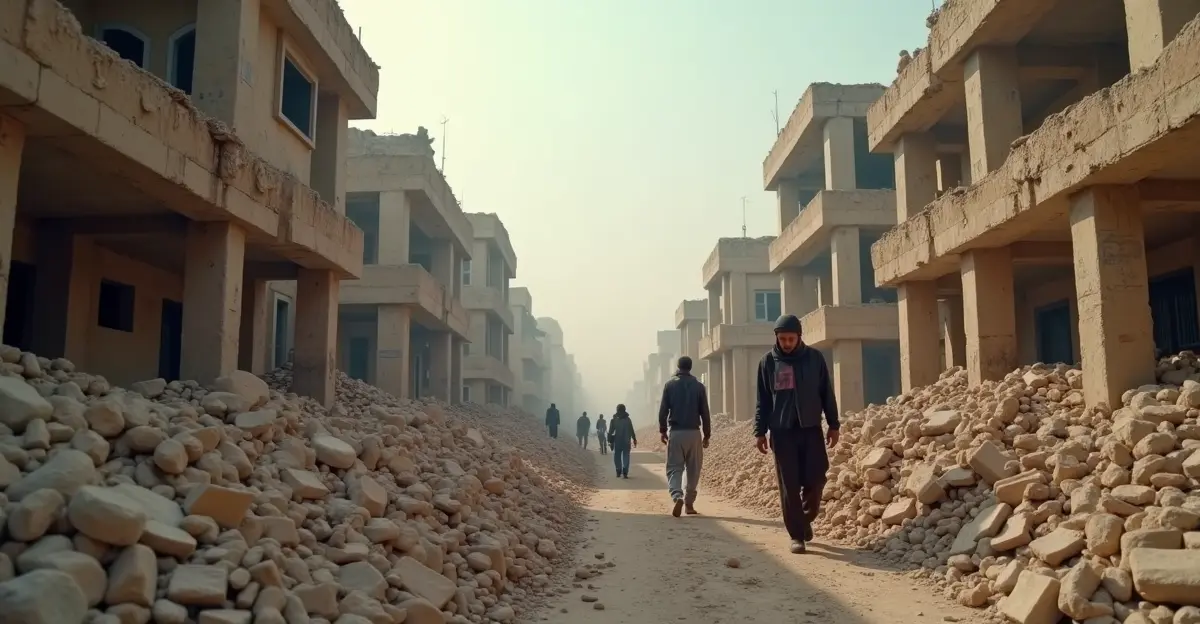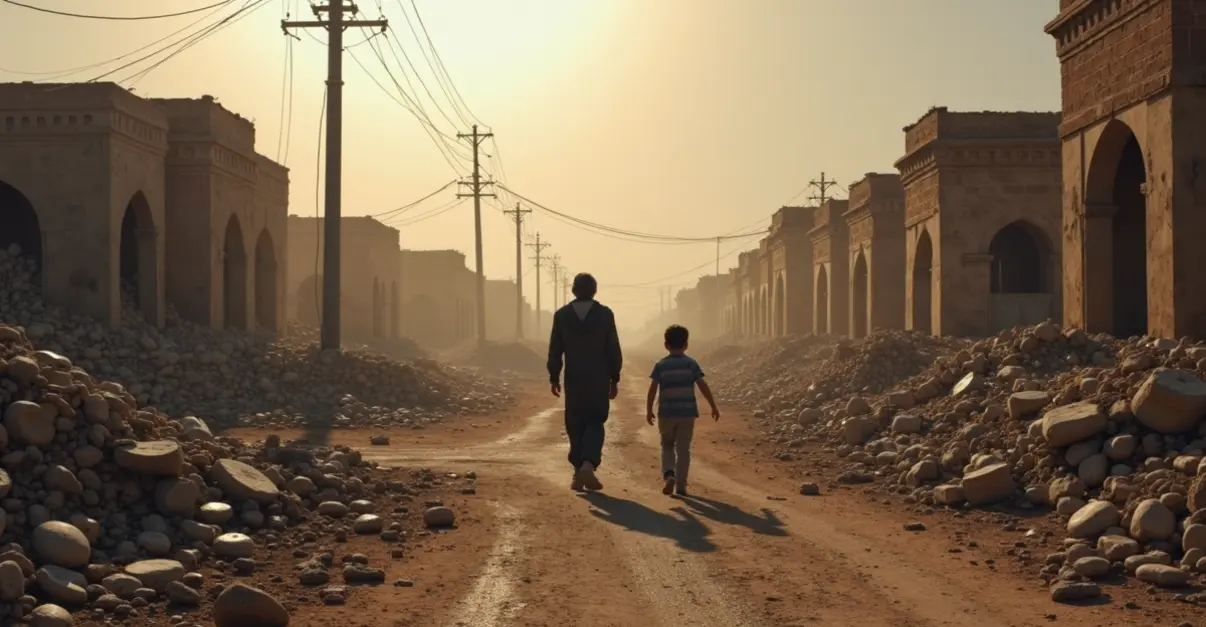
Major Earthquake Devastates Eastern Afghanistan
A powerful 6.0 magnitude earthquake struck eastern Afghanistan on August 31, 2025, causing widespread destruction and claiming over 800 lives. The epicenter was located in Kuz Kunar District, Nangarhar Province, near the border with Kunar Province, approximately 27 kilometers east-northeast of Jalalabad.
Casualties and Damage Assessment
The Taliban regime has reported at least 812 confirmed fatalities and 2,835 injuries, with the numbers expected to rise as rescue teams reach remote areas. The hardest-hit region is Kunar Province, where four villages were completely destroyed and hundreds of mud-brick homes collapsed. In Nangarhar Province, 12 deaths were reported, while Laghman Province recorded 80 injuries.
Rescue Efforts and Access Challenges
Rescue operations face significant challenges due to blocked roads caused by landslides from the earthquake and subsequent heavy rains. The remote mountainous terrain and traditional construction methods using mud and stone have exacerbated the destruction. At least 13 aftershocks have been recorded, including two measuring 5.2 magnitude.
International Response and Humanitarian Crisis
The Taliban government has formally requested international assistance, acknowledging limited domestic resources. The United Nations has deployed aid teams, while organizations including the Red Cross, Save the Children, and Doctors Without Borders are coordinating relief efforts. Medical supplies, shelter materials, water, and food are urgently needed.
Geological Context
Afghanistan lies in a seismically active zone where the Indian and Eurasian tectonic plates converge. The country experiences frequent earthquakes due to this tectonic activity. This marks the third major earthquake in Afghanistan since 2022, when a similar event killed approximately 1,000 people in the eastern region.
Humanitarian Funding Challenges
The disaster occurs amid significantly reduced international aid to Afghanistan. Humanitarian funding dropped from €32.5 billion to €654 million following the Taliban's restrictions on women's rights and limitations imposed on aid organizations. Many groups suspended operations after the regime revoked licenses of organizations employing women.

 Nederlands
Nederlands English
English Français
Français Deutsch
Deutsch Español
Español Português
Português







